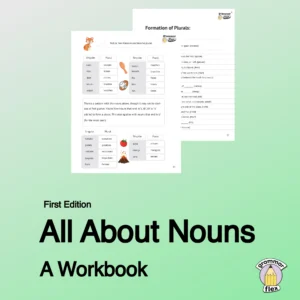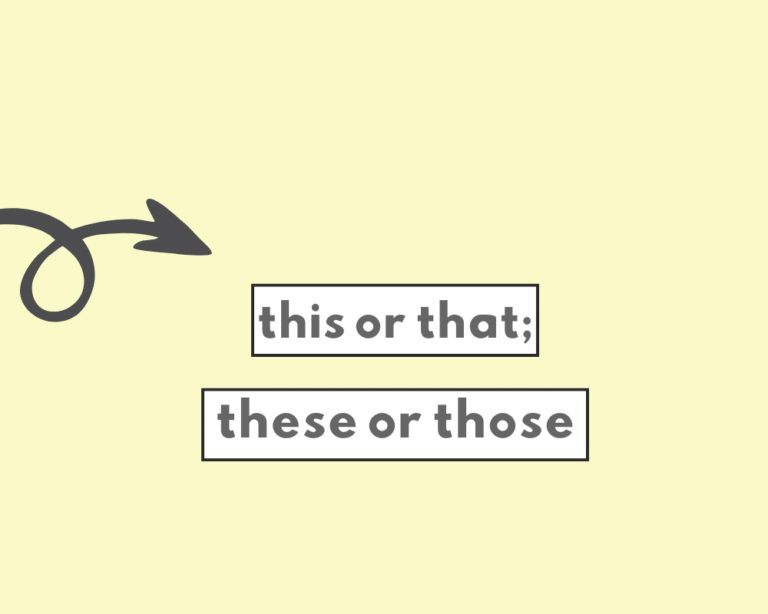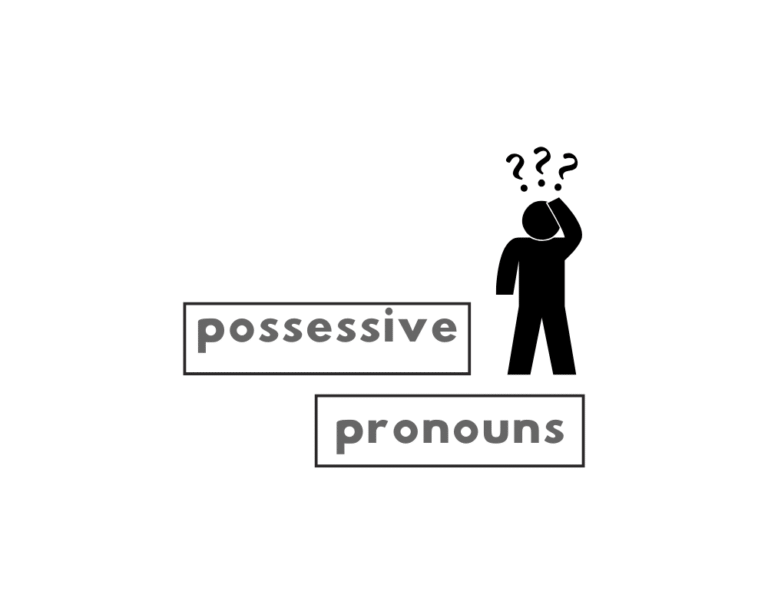British English or American English: learnt vs learned
Which past tense form of learn to use depends on where you live. American English, thanks to Noah Webster (of Merriam-Webster’s Dictionary), popularized learned as the standard past tense. By contract, UK English, which is the original form, prefers learnt. The same is true for other verbs that share the same pattern (i.e., spell, leap, lean, smell, and so on).
Practice using the verb in different tenses with example sentences to memorize the correct forms.
Examples of learn (present tense) in sentences
| Word Form | Examples |
| Present Tense (“learn”) |
1. He had the opportunity to learn English in Australia.
2. The book is about how children learn.
3. He’s learning to play the trumpet. (present participle)
4. Everyone in the class had the opportunity to learn from each other.
5. Most people learn to read as children.
|
Examples of learned/learnt (past simple)
| Word Form | Examples |
| Simple Past (“learned/learnt”) |
1. We only learnt who the new teacher was a few days ago.
2. Today we learnt how to use the new software.
3. I first learnt of his death many years later.
4. She received no training but quickly learnt on the job.
5. I learnt the poem by heart.
|
Examples of learned/learnt as a past participle
| Word Form | Examples |
| Past Participle (“learned/learnt”) |
1. I had learned a lot from my father.
2. She learned from watching others.
3. He learned to ride when he was about three years old.
4. I’ve forgotten most of what I learned at school.
5. How did they react when they learned the news?
|
Origin of the word learn
From etymology online on learn (v.):
Old English leornian “to get knowledge, be cultivated; study, read, think about,” from Proto-Germanic *lisnojanan“.
Learn more about verbs
- What are regular and irregular verbs?
- Transitive and intransitive verbs?
- What are verbs?
- What’re personal pronouns?
- What’s the difference between they’re, their, and there?
- Whose vs who’s?
Worksheet
What is the past tense of “learn” preferred in American English?
Which of these is considered an irregular past tense form?
In British English, which form is commonly used as both the past tense and past participle of “learn”?
The sentence “I have knew her for five years” is:
Is “learn” a regular or irregular verb?
Yesterday, I a new programming language.
I had a lot before the exam.
She has to play the piano.
By next year, I will have three new languages.
He the recipe by heart.
FAQs
Is “learnt” or “learned” correct?
+
What’s the past participle of “learn”?
+
Is “learn” a regular or irregular verb?
+
How does US English use “learn”?
+
How does UK English use “learn”?
+
Yash, D. "Learned or Learnt? What’s the Past Tense of Learn?." Grammarflex, Jul 15, 2025, https://www.grammarflex.com/whats-the-past-tense-of-learn-learned-or-learnt/.
Sources
Sources
-
Etymonline, learn.












